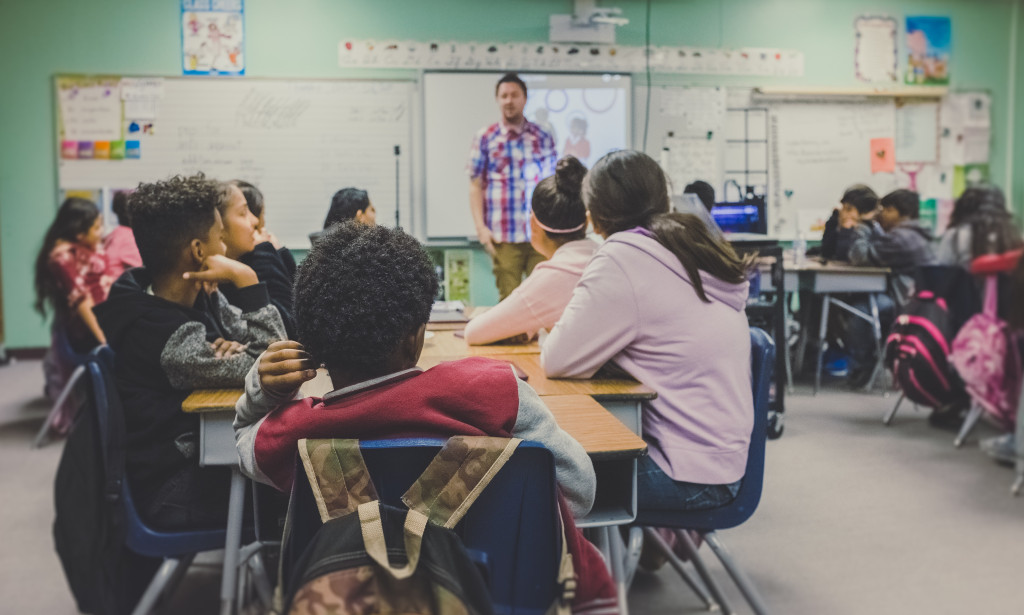Racial segregation refers to the separation or isolation of people based on their race or ethnicity. This can take many forms, including segregation in housing, education, employment, and other areas of public life.
Historically, racial segregation has been used as a means of institutionalizing discrimination and denying certain groups of people equal rights and opportunities. In the United States, racial segregation was enforced by law through "Jim Crow" segregation laws, which were in place from the late 1800s to the mid-1960s. These laws mandated segregation in education, public accommodations, and other areas of life, and were designed to maintain the economic, social, and political superiority of white people over people of color.
Racial segregation has had far-reaching and long-lasting consequences, contributing to ongoing disparities in education, income, and other areas of life. It has also had a significant impact on the mental health and well-being of people of color, who have often been subjected to discrimination, prejudice, and violence as a result of segregation.
While racial segregation has been legally abolished in many countries, it continues to exist in various forms. For example, in the United States, segregation in housing remains a significant problem, with many neighborhoods being predominantly populated by people of a single race or ethnicity. This can lead to a lack of diversity and understanding between different groups, and contribute to ongoing tension and conflict.
Efforts to combat racial segregation and promote racial equality have included legislation such as the Civil Rights Act of 1964 and the Fair Housing Act of 1968 in the United States, as well as initiatives to promote diversity and inclusion in education, employment, and other areas of life.
However, much work remains to be done to overcome the legacy of segregation and address ongoing disparities and discrimination. This requires acknowledging the historical and ongoing impact of segregation, and taking active steps to promote equality and understanding between different racial and ethnic groups. It also requires addressing systemic issues such as discrimination in housing and employment, and working to create more inclusive and diverse communities.
Black Lives Matter (BLM) is a global social movement that seeks to bring attention to and combat racial injustices and discrimination against Black people. The movement was founded in 2013 after the acquittal of Trayvon Martin's killer, and has since grown to become a significant force for social change.
BLM activists work to raise awareness about issues such as police brutality, racial profiling, and the disproportionate impact of the criminal justice system on Black people. They also seek to promote policies and practices that support the rights and well-being of Black people, and to advocate for systemic change to address racial inequalities.
BLM activists use a variety of tactics to achieve their goals, including protests, demonstrations, and other forms of civil disobedience. They also engage in education and outreach efforts to raise awareness about racial issues and to encourage allies to join the movement.
BLM activists have had a significant impact on the national conversation about race and justice, and have successfully brought issues such as police brutality and racial profiling to the forefront of public discourse. They have also been successful in advocating for policy changes at the local and national level, such as the passage of police reform measures and the establishment of initiatives to promote racial equity.
Despite the progress made by BLM activists, much work remains to be done to address the ongoing issues of racial injustice and discrimination. BLM activists continue to push for change and work towards a more equitable and just society for all.

You must be logged in to post a comment.